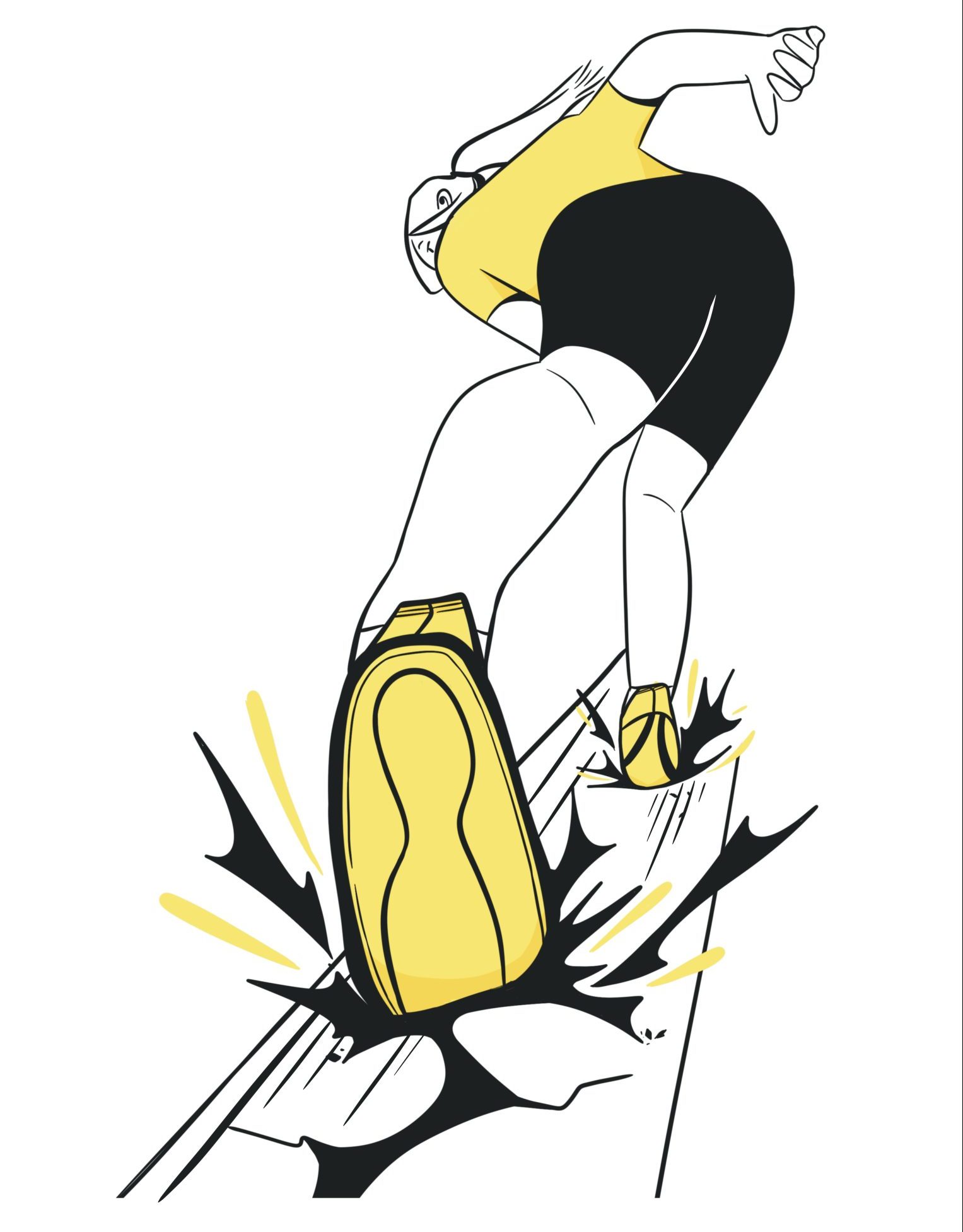Matthew Hein
As he begins fall term here at Portland State, Steven Harrison has a couple of things on his mind. He has the usual university red tape to untangle, professors and classmates to meet, and bookstore lines to shuffle through.
Harrison also expects to do a little traveling at some point over the next couple of years – as a member of the U.S. Air Force.
Over coffee at the Ione Plaza, Harrison explained he expected to spend next summer abroad, working for Uncle Sam. “When stuff like this happens, it’s pretty much a given,” he said. It’s not surprising then, that he has been following international news a little closer than some other people he knows.
“You can’t help it,” he said. “You just do.”
Harrison signed up a couple of months before the World Trade Center went down. After waking up on the day of the attacks and watching the same surreal video loop as the rest of the country, he called up the officer who had recruited him.
“I woke up to the news and I’m thinking, ‘This can’t be real.’ People had been calling up to bail out. But I just wanted to know what was going to happen next.”
As it has turned out, those who “bailed out” were replaced in the ranks over the next couple of months by many post-attack sign-ups.
Major Patrick J. Christian of the PSU and University of Portland Reserve Officer Training Corps had his hands full with recent recruits. For him and his students, the daily tension of newspaper headlines and presidential addresses have made the importance of his job obvious.
“Outside events make why they’re here perfectly clear to them,” Christian said of the recruits. “Because of the patriotic fever, many of their friends and family have joined.”
With his help, Christian believes, future military officers will have the intellectual and emotional wherewithal to effectively lead those friends and family into battle.
In the simplest of terms, Christian’s program focuses on teamwork over the first year and leadership during the second. Part of this leadership training involves being presented with an ethical dilemma. Christian explained that the cadets, primarily in the 19- to 22-year-old range, are presented with these dilemmas “either because we put them there or life puts them there.” Christian is certain they “can read in the newspapers and see that in a few years they are going to be presented with an ethical dilemma.”
Each of these men has a job to do. They have gone through intense training at the expense of United States taxpayers. Neither seems to shy away from responsibility. Currently, their commander-in-chief is also the country’s chief executive officer.
Will Steven Harrison get to complete a full year studying computer engineering at PSU, or will he be called away early at the president’s request? How soon will the would-be officers under Maj. Christian’s tutelage be called upon to make the sorts of decisions most of us only face in nightmares?
“Believe it,” said Harrison. “It’s real.”
When Steven Harrison finished his half-cup of coffee and left the Ione Cafe to get back to his first day of classes, his pace was casual yet deliberate.
“I know what I got myself into,” he said. For others, he advises, “Make sure that you’ve explored all your options before signing up.”
The president may know what he has gotten us all into. The commander-in-chief might really have explored every last option before announcing with or without Congress, allies or the trust of his countrymen that the Bush family war would continue. It is entirely possible that those clamoring for a better, faster and more visually stimulating military action are aware of their heavy responsibilities.
There is a serious dilemma in the air these days – a choice. Believe it; it’s real.


